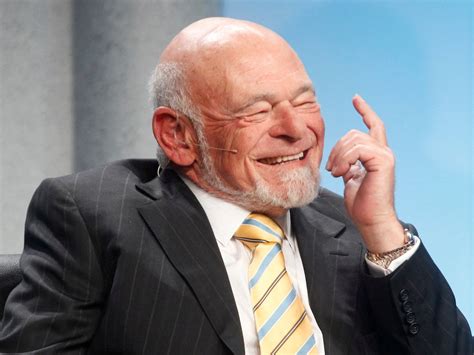A Quote by Alex Berenson
Fannie Mae has never publicly disclosed how much money it could lose if interest rates rose 1.5 percentage points in a very short period of time.
Related Quotes
Fannie Mae is owned by shareholders but operates under a federal charter that exempts it from paying state or local taxes. As a result, many professional investors think the government would repay the debt that Fannie Mae had issued if the company could not, although Fannie Mae explicitly says that its bonds do not carry a federal guarantee.
The underlying strategy of the Fed is to tell people, "Do you want your money to lose value in the bank, or do you want to put it in the stock market?" They're trying to push money into the stock market, into hedge funds, to temporarily bid up prices. Then, all of a sudden, the Fed can raise interest rates, let the stock market prices collapse and the people will lose even more in the stock market than they would have by the negative interest rates in the bank. So it's a pro-Wall Street financial engineering gimmick.
If you put Canada into $1.5 trillion in debt and interest rates go up just 200 basis points, you cannot provide the services to 36 million people that were guaranteed to them in the social contract they have with Canada. That's a very, very scary prospect. You can't burden this economy with that much debt. The risk you take on is insurmountable. You have to assume for the next 50 years that rates don't go up? That's insane. That's irresponsible. That's stupid.
I want you to say to me right from the start, "We are here to serve customers. We're not here for me to make a lot of money. We're not here to bet on interest rates or credit spreads. We are here to serve our customers really well over a long period of time, and that's how you build a successful business." And so I want to see that, too, you know?
There are times when a market such as housing, transportation or the stock or mortgage market keep rising and people with capital want to join in this growth. Soon the markets become overheated, partly because of the abundance of investment money and speculation. This is when the government should raise interest rates and increase the cost of borrowed money. Governments are shy about doing this because it could cause the very recession. Yet this is the best time to do this so that the inevitable recession never reaches the magnitude of the recent Great Recession.


































